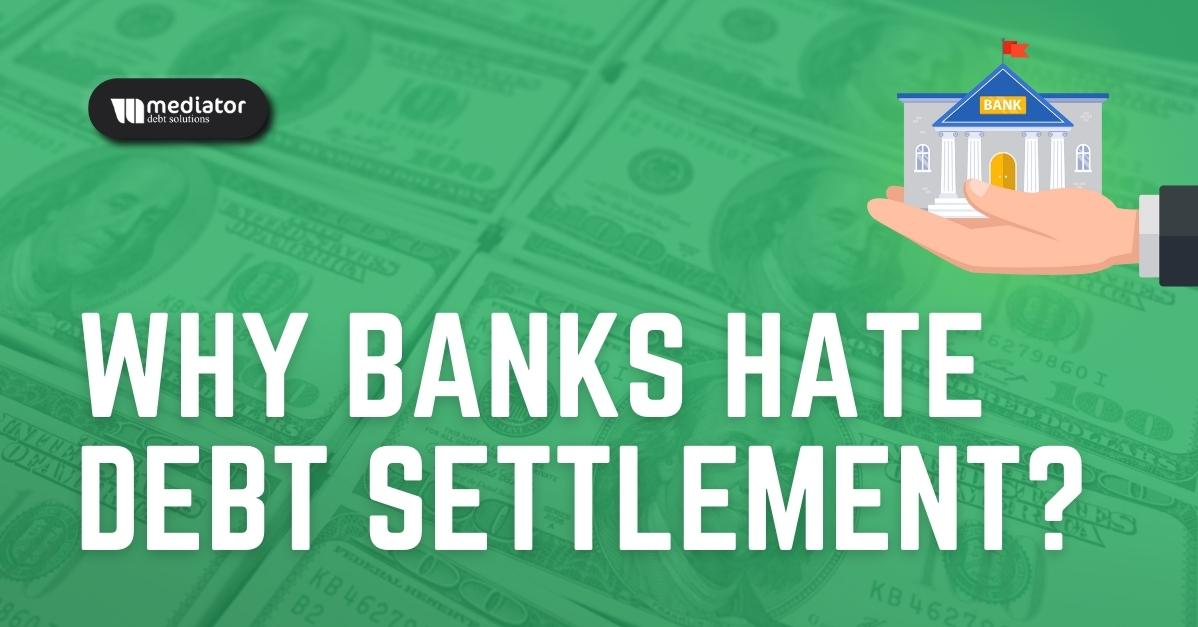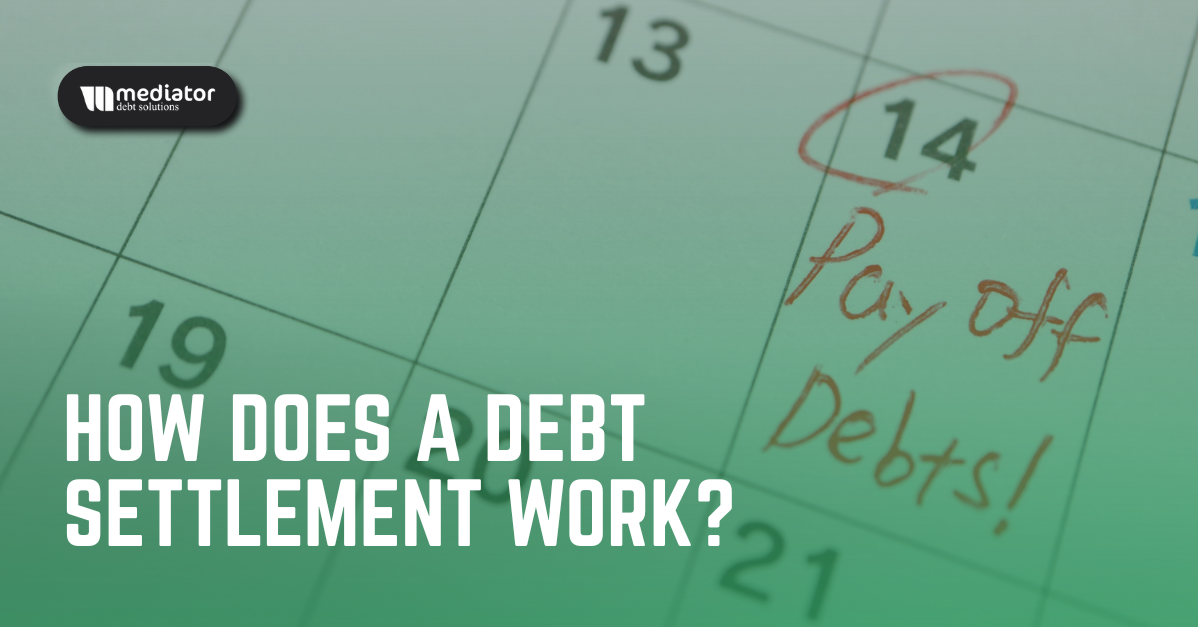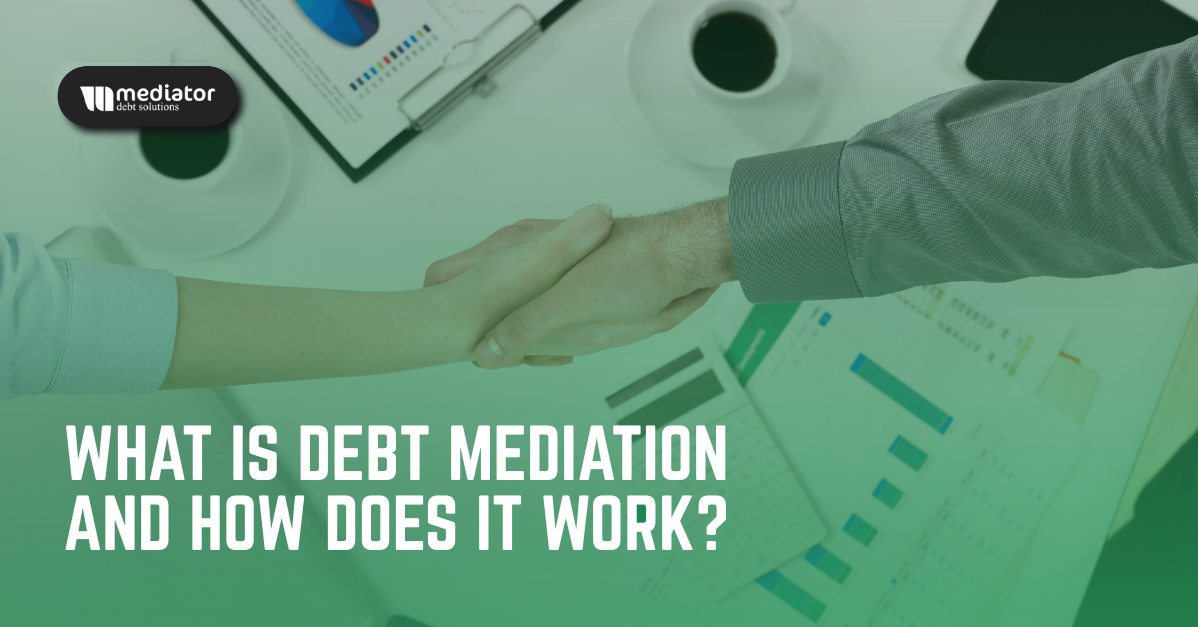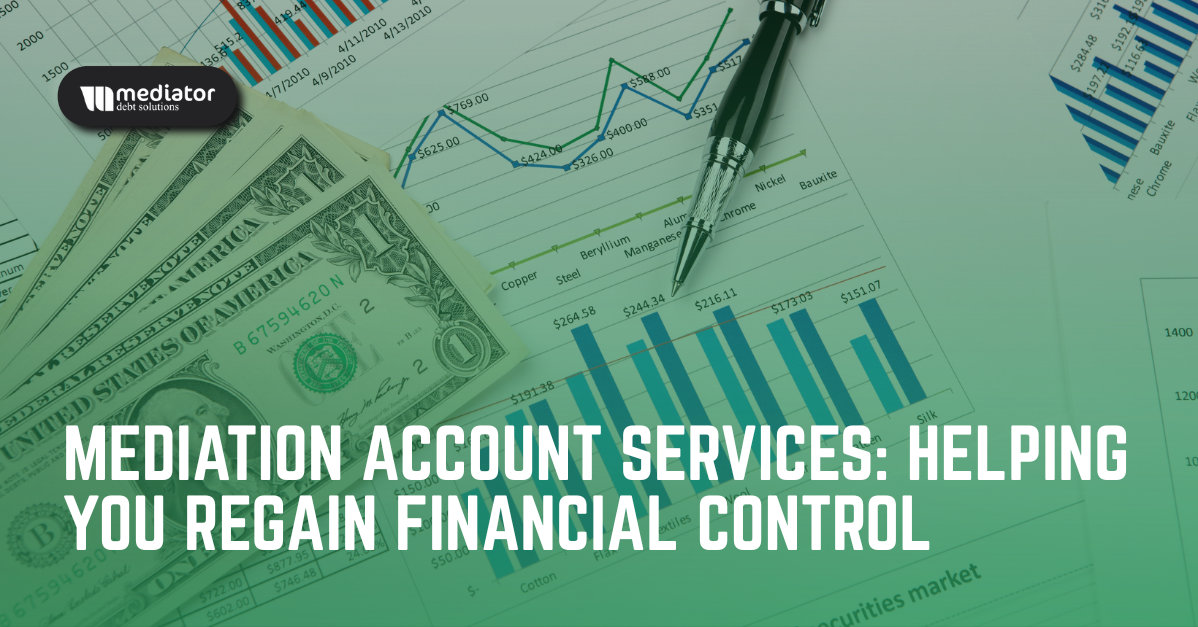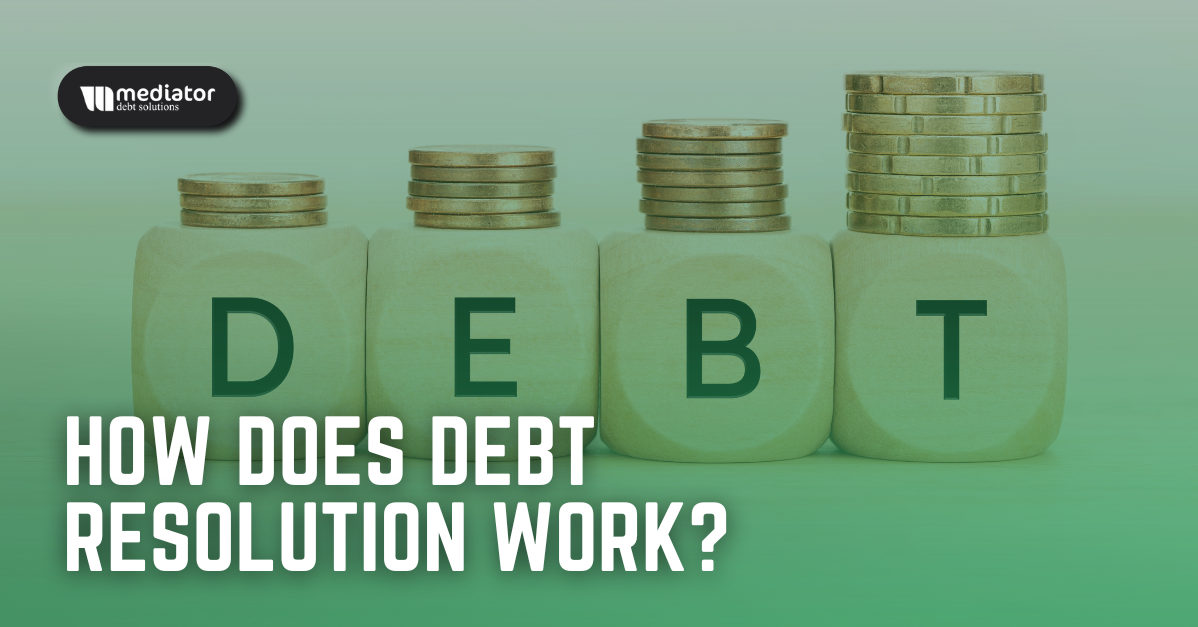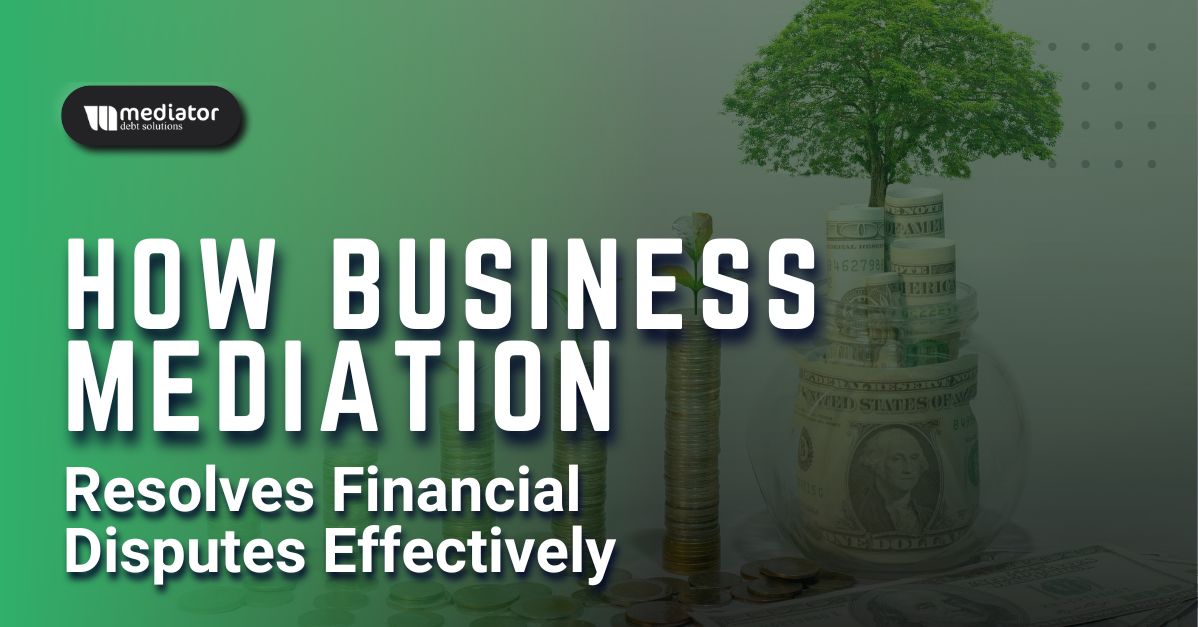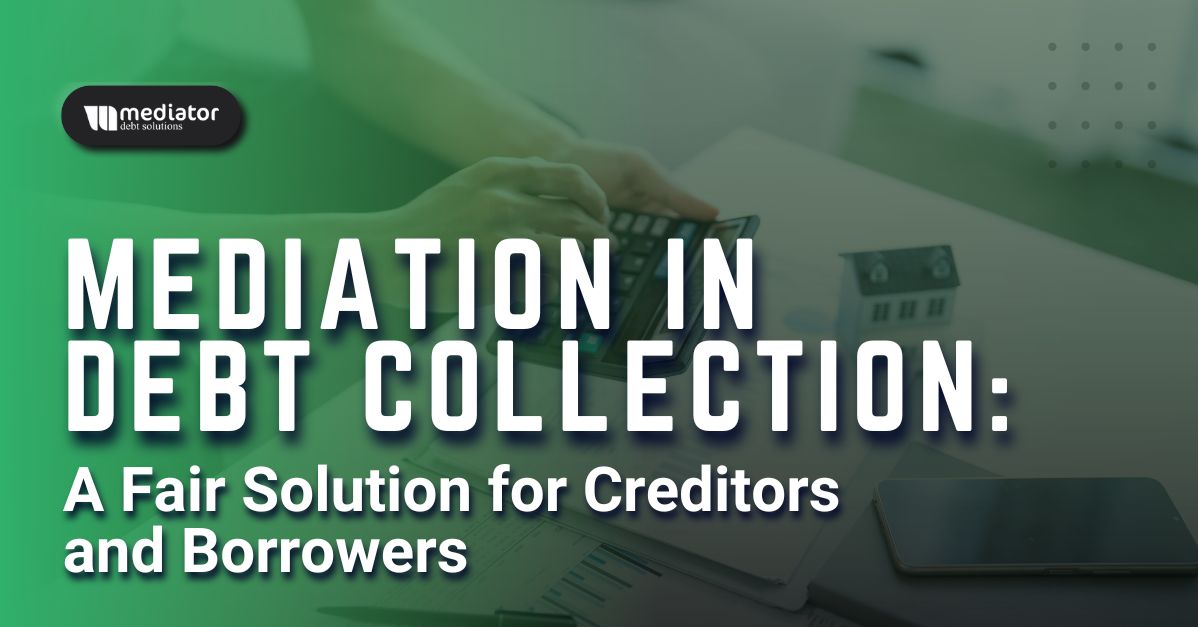Are you sick of hearing from banks and financial institutions that they’re here to help you? Tired of seeing their promises of low-interest rates that never quite turn out as they advertise? Believe it or not, banks are not your friends – but there’s a good reason behind why.
To understand the relationship between banks and customers, we need to look into the history and evolution which has shaped this dynamic today. In this blog, we’ll explore how banks operate and look at why they’re really nothing more than businesses focused on making a profit off your hard-earned money.
So if you’ve been looking for answers as to why keeping up with payments can be so tricky when dealing with financial institutions, then read on!
The Reality of High-Interest Rates
High-interest rates can be a hard pill to swallow for anyone paying off a loan or credit card debt. But have you ever wondered how banks benefit from these high rates?
Banks earn money by charging interest on loans, including small business loans, mortgages, and lines of credit. If you have a lower credit score, you will be charged a higher interest rate. The average interest rate for unsecured loans is approximately 10 percent for people with excellent credit, but for those with poor credit, it can range from 18 percent to 36 percent.
The larger the interest rate gap between borrowing and lending, the more profit banks make. While it may seem unfair, the reality is that banks are businesses that need to generate revenue.
To increase your chances of being approved for a loan and getting the best interest rates, it’s recommended to boost your credit score, think about finding a co-signer, explore the option of a secured loan, and compare rates from various lenders.
The Impact of Compound Interest – How Debt Can Keep Growing
Compound interest can have a powerful impact, both positively and negatively, on your financial situation. On the positive side, investments that earn compound interest can grow at a faster rate than those that earn simple interest.
However, on the negative side, compound interest can cause debt to spiral out of control if left unchecked. Even a seemingly small interest rate, when compounded over time, can significantly increase the amount of debt owed.
In basic terms, compound interest is the interest you earn on interest. Compounding can have a negative impact on consumers with loans that have high-interest rates, like credit card debt.
This can make it difficult to achieve financial goals and create unnecessary stress. It’s important to understand the power of compound interest and to take steps to manage it effectively in order to build a strong financial future.
Exploiting Low-Income Homeowners – Predatory Lending Practices
Predatory lending practices have become a major issue when it comes to low-income homeowners. Some lenders may take advantage of those who are in need, offering loans with exorbitant interest rates, hidden fees, and terms that are unfavorable to the borrower.
These practices can lead to homeowners defaulting on their mortgages or losing their homes altogether. Some people use deceitful and unfair tactics known as predatory lending to trick us into taking out mortgage loans that we cannot afford. The victims of predatory lending have high mortgage debts, which make it difficult for them to maintain their houses.
They struggle to make mortgage payments and are unable to afford repairs. As a result, many end up losing their houses to foreclosure, as they do not have the funds to keep up with the payments. Their houses are then taken away from them.
It is a sad reality that many individuals and families are caught in this cycle of debt and financial insecurity due to predatory lending. It is important for consumers to educate themselves on their options and to carefully read and understand all terms and conditions before signing any loan agreement. Only by being vigilant can we protect ourselves from these exploitative practices.
Banks Don’t Have Your Best Interest in Mind – Watch Out For Unfair Fees
When it comes to managing our finances, we rely on our banks to have our best interests in mind. But unfortunately, that’s not always the case. Banks make a substantial amount of money through fees, primarily from ATM and overdraft fees, which can be frustrating and exasperating for consumers.
Did you know that in 2015 alone, banks like JPMorgan Chase, Wells Fargo, and Bank of America made $6 billion in ATM and overdraft fees? These fees can add up quickly, leaving customers with less money to cover their everyday expenses.
Be always on the lookout for these other sneaky fees:
- Account closing fee.
If you want to avoid a certain situation, wait for a minimum period of time before closing your account. This situation usually occurs when you close your account too soon.
- Paper statement fees.
If you choose to receive paper statements in the mail, banks will charge you. To avoid this, it’s best to go paperless, which not only provides real-time information but is also environmentally friendly.
- Monthly or annual statement fees.
Bank of America charges a $12 monthly maintenance fee, which can be avoided by maintaining a specific balance in your account. It’s worth noting that some other banks also charge similar fees on a monthly or yearly basis.
- Teller fees.
You may be charged around $8 per month for making teller transactions such as deposits or withdrawals if you mainly use e-banking services.
- Returned deposit fee.
If you deposit a check and it’s returned due to insufficient funds, you may be charged with a fee. However, it’s worth noting that some small banks don’t charge this fee.
- Foreign transaction fee.
Using a card for purchases while traveling internationally may result in an extra percentage charge. However, certain banks do not impose these transaction fees.
- Lost card fee.
If your card is lost or stolen, you may be charged for a replacement.
- Redeeming rewards points fee.
While bank rewards can be great, there are some downsides to watch out for like fees to redeem your points. For example, Wells Fargo charges a $24 processing fee for every airline ticket issued through their rewards vendor. It’s important to always read the fine print before choosing a rewards program so you know what fees to expect.
- Inactivity fees.
You may be charged a fee by the bank if your account has been inactive. To avoid this fee, consider setting up a recurring transfer or bill payment.
To avoid getting scammed, it’s crucial to understand how the banking industry works and to be vigilant for any red flags. Don’t let your bank take advantage of you – educate yourself and keep a watchful eye on your account to ensure that you aren’t falling prey to their unfair fees.
Banks Are Not Your Friends – Always Be Careful!
It’s clear that banks are not our friends when it comes to debt. Their high-interest rates can often make it difficult to pay back what we borrow, and compound interest simply adds an additional layer of stress and hardship for those seeking financial freedom.
The worst part about these high-interest rates is often the fact that banks prey on low-income homeowners and financially vulnerable communities, doing everything in their power to make them take out large loans at unfair terms.
If you’re considering borrowing money from a bank, always remember they do not have your best interests in mind – so watch out for any hidden fees or exploitative costs. Ultimately, systematic change needs to be made so people and communities alike aren’t facing such economic injustice any more.
If you’re looking for a way out of debt, contact us as soon as possible and see if you qualify for our debt settlement program that has helped hundreds of families!

